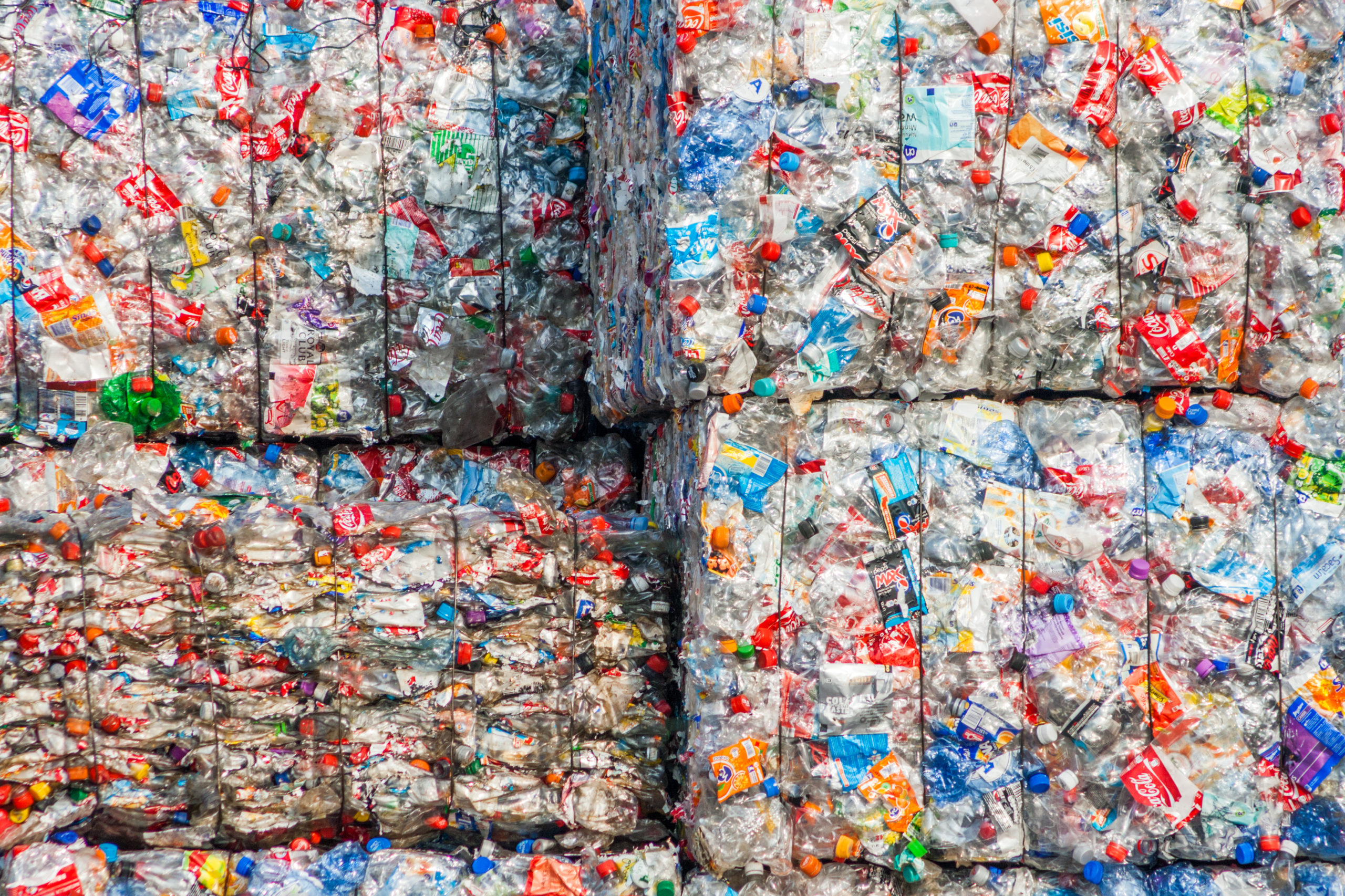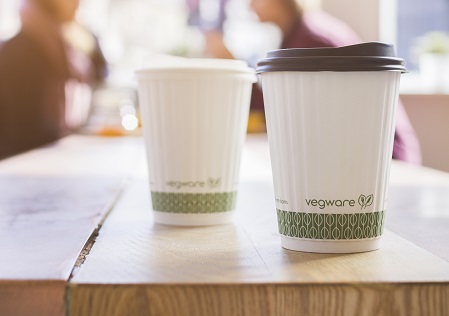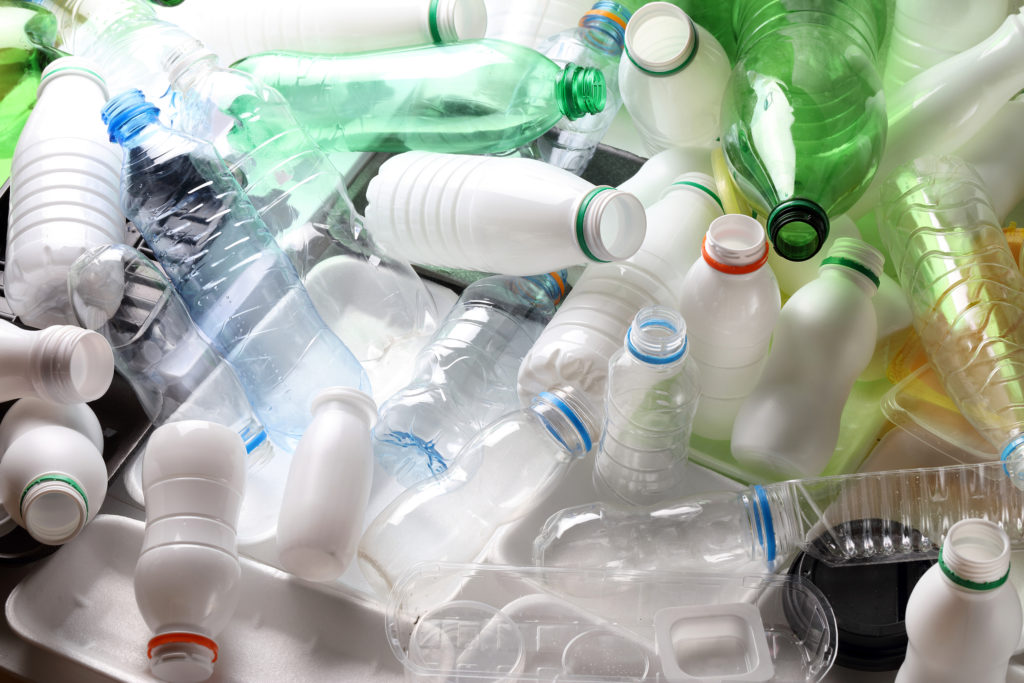Instead, a spokesperson from the Treasury pointed to the £31 billion of public investment committed by the government to the “green industrial revolution” since March 2021.
In a briefing note given to letsrecycle.com, the Treasury also said that while bioplastics are included in-scope of the tax at the moment, their treatment will be “kept under review” while research is carried out.
And, it said the tax is not intended as a plastic reduction initiative, but instead a way to replace virgin plastics with recycled content.
Ringfenced
Due to come in from 1 April 2022, the Treasury has faced some calls from the recycling sector to ensure the £200 a tonne levy on plastic packaging featuring less than 30% content to be ringfenced for investment in plastic recycling infrastructure.

However, a spokesperson said: “Widespread hypothecation of tax revenues can undermine the government’s ability to flexibly manage the public finances.
“The 2021 Autumn Budget and Spending Review confirmed that the government will have committed a total of £30 billion of public investment for the green industrial revolution in the UK, since March 2021.”
Plastic use
In recent times, some companies have moved away from plastic in response to consumer pressure. This has seen criticism from the plastics recycling industry for being “short-sighted” as some say some alternative materials have a worse long-term environmental impact.
One such example arose when supermarket chain Morrisons recently received a backlash from the industry over its switch from plastic milk bottles to cartons (see letsrecycle.com story).
However, the Treasury said the aim of the tax was to increase the use of recycled plastic as an alternative to virgin plastic in packaging, rather than to encourage the use of other materials.
The spokesperson said: “It will provide a clear economic incentive for businesses to use recycled plastic material in plastic packaging, which will create greater demand for this material and in turn stimulate increased levels of recycling and collection of plastic waste, diverting it away from landfill or incineration. The Tax may also drive recycling technologies in the UK.”
Alternative plastics
Alternative plastics such as bioplastic have proved to be a controversial topic in recent years, with some in the industry saying they are significantly better than virgin material, while others say they contaminate the recycling system and the infrastructure is not in place to deal with them.

The Treasury spokesperson explained that the government believes that alternative plastics “can play a role in addressing plastic waste if used in the right circumstances”.
However, they added: “Further evidence is needed on the impact of widespread adoption of such materials, and it is right to include them within scope of the Plastic Packaging Tax at this stage.”
As part of the Bioeconomy Strategy, the government is “working with industry and the research community to better understand the impact of using bio-based, biodegradable and compostable plastics and will keep their treatment in the Tax under review”.












Subscribe for free